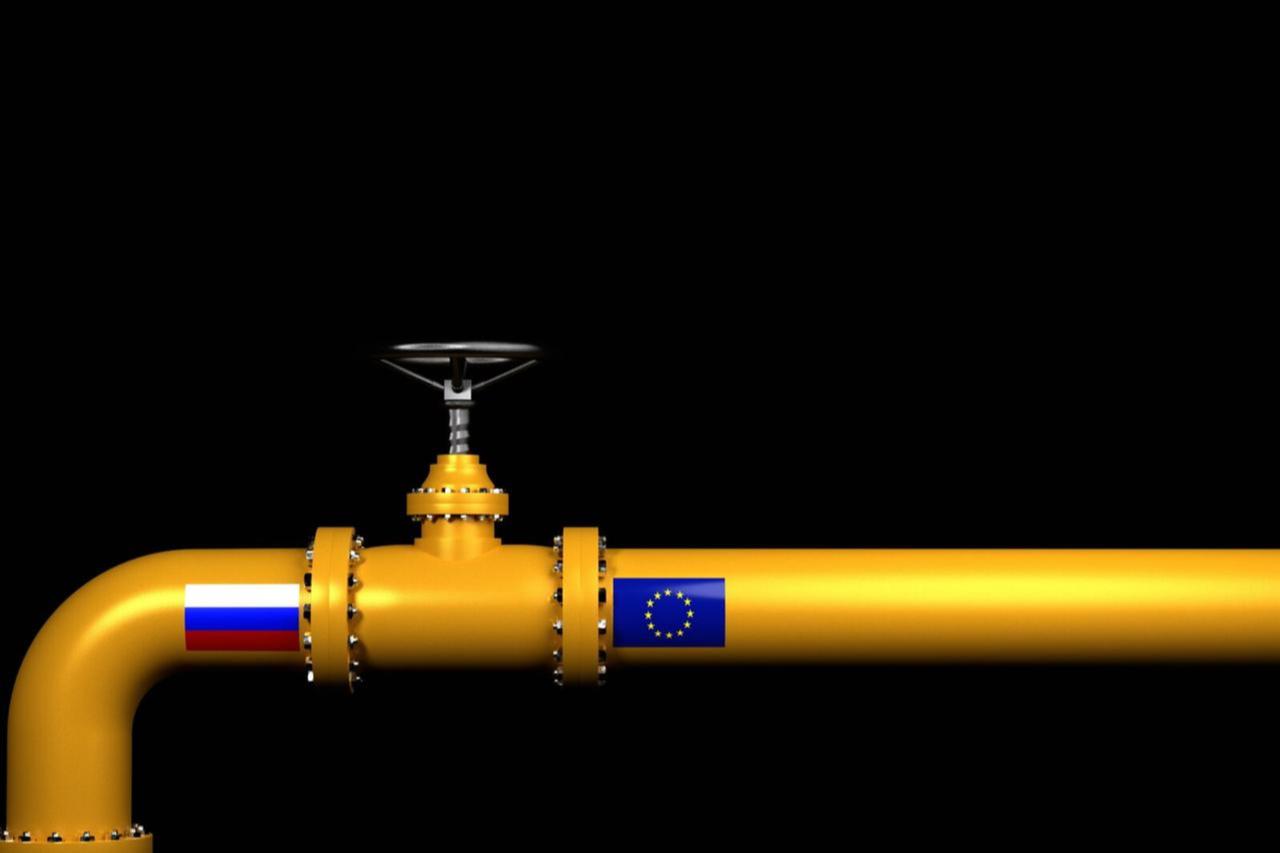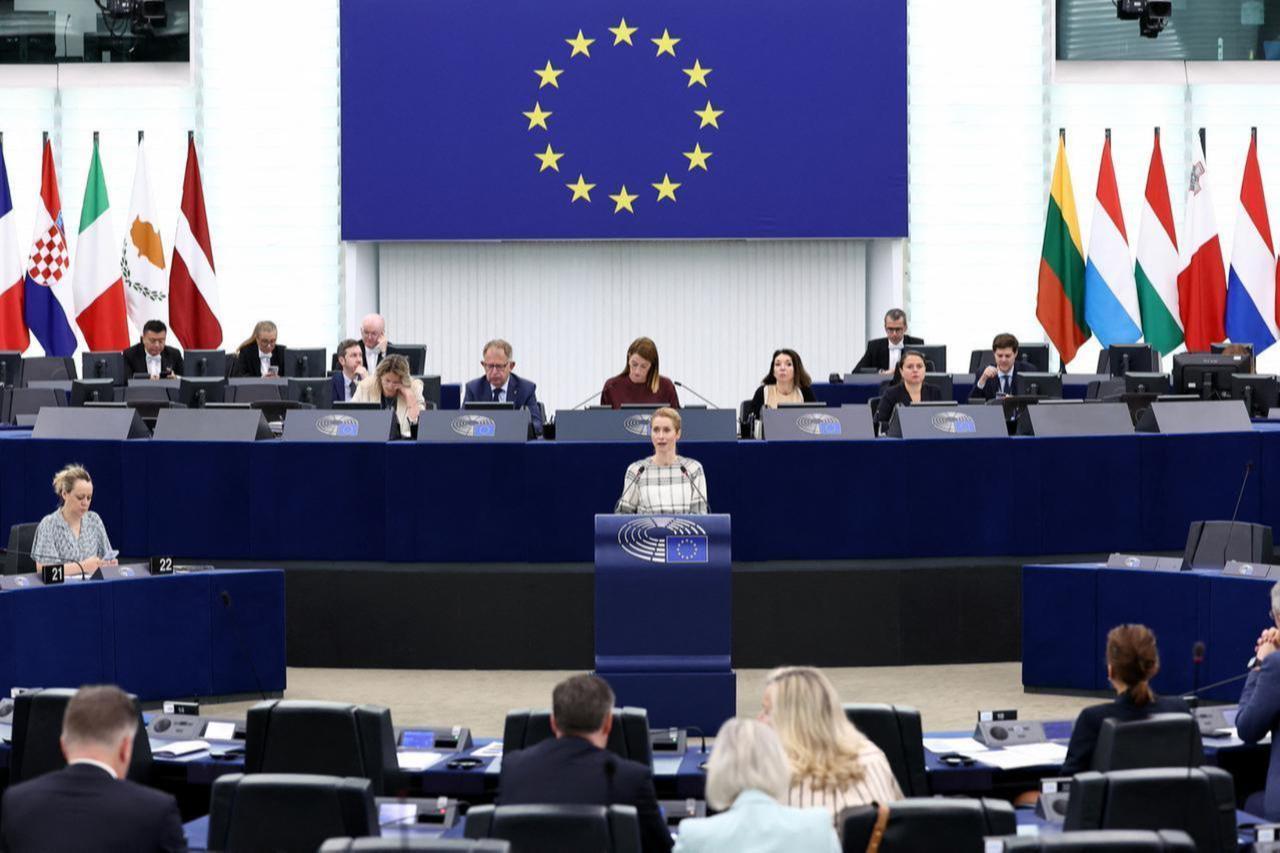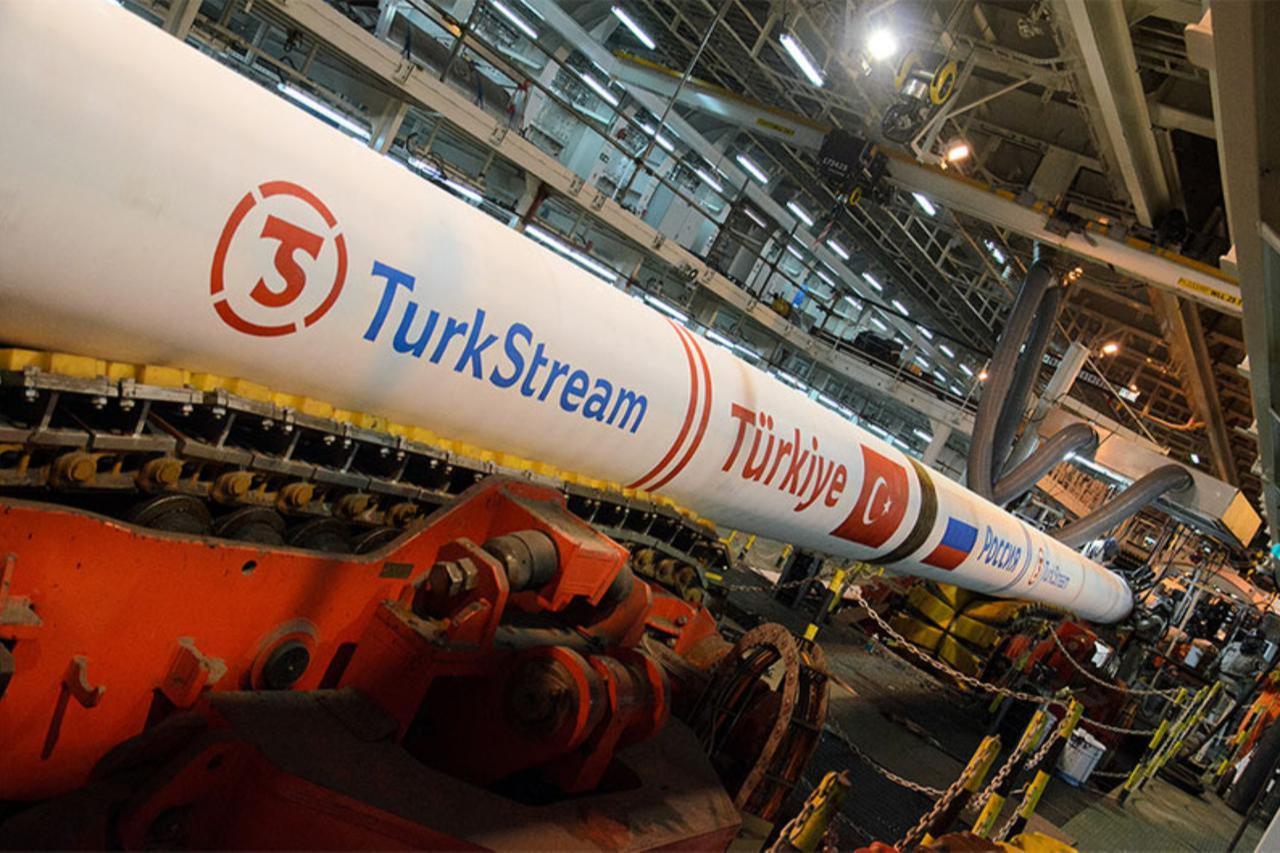
The European Union unveiled its most comprehensive sanctions package yet against Russia on Friday, proposing to accelerate a ban on Russian gas imports by one year while targeting financial networks and third-country enablers across China and India.
The 19th round of EU sanctions since Moscow's 2022 invasion of Ukraine would phase out liquefied natural gas purchases from Russia by January 2027, moving the deadline forward from the previously planned end of 2027. The proposal requires unanimous approval from all 27 EU member states.
European Commission President Ursula von der Leyen announced the measures as part of a broader strategy to starve Russia's war economy of crucial energy revenues. "Russia's war economy is sustained by revenues from fossil fuels. We want to cut these revenues," she said. "It is time to turn off the tap."
The timing reflects mounting pressure from the Trump administration for European allies to sever remaining energy ties with Moscow. President Donald Trump indicated last week he would consider tougher action against Russia if allies stopped purchasing Russian oil and imposed tariffs on China.

The sanctions package marks a significant expansion beyond Russia itself, targeting firms, banks and traders in China, India and other countries accused of helping Moscow circumvent existing restrictions. The measures would impose export bans and tighter controls on entities across these nations.
"We target refineries, oil traders, petrochemical companies in third countries, including China," von der Leyen said, describing efforts to close loopholes that have allowed Russia to maintain energy export revenues.
The package also aims to disrupt Russia's financial infrastructure by targeting cryptocurrency platforms and the MIR credit card system, which Moscow established to reduce dependence on Western payment networks.
Ukrainian President Volodymyr Zelenskyy praised the package as "robust" and called it "an important step that will intensify pressure on Russia's war machine and have a tangible impact." Writing on social media, he urged swift adoption and called on other partners to "mirror and expand these steps."

Despite 18 previous sanctions packages, Russia remains a significant energy supplier to Europe. Russian gas accounted for 19 percent of EU imports in 2024, down from 45 percent before the invasion but still representing substantial revenue for Moscow's war effort.
The continued dependency stems partly from increased purchases of seaborne LNG, which have partially offset sharp declines in pipeline imports. Data shows 32 billion cubic meters of gas entered Europe via the TurkStream pipeline last year, with an additional 20 billion cubic meters arriving through LNG shipments.
The EU has already dramatically reduced Russian oil imports, cutting the share from 29 percent in early 2021 to just 2 percent by mid-2025. Only Hungary and Slovakia, both considered Moscow-friendly, continue purchasing Russian oil under existing exemptions.
EU foreign policy chief Kaja Kallas emphasized the strategic importance of the accelerated timeline. "Moscow thinks it can keep its war going. We are making sure it pays the price for it," she wrote on social media.
The sanctions package would blacklist an additional 118 vessels in Russia's "shadow fleet" of aging tankers used to transport oil while evading export restrictions. The measures also target 45 companies accused of supporting Russia's military-industrial complex.
The scope reflects European efforts to balance Trump's demands with their own strategic interests. While the measures represent an attempt to align with U.S. pressure, they fall short of Trump's suggestion that allies impose tariffs of up to 100 percent on China and India.
Brussels, generally opposed to punitive tariffs, is currently negotiating a trade agreement with India and has shown little appetite for a broader trade confrontation with China.
The United States, as the world's largest oil producer, has emerged as Europe's dominant LNG supplier, accounting for nearly 45 percent of total imports. Most shipments arrive through terminals in France, Spain, Italy, the Netherlands and Belgium, though tracking final consumption remains challenging as gas often transits through multiple countries.
The sanctions package requires approval from all EU member states, where Hungary and Slovakia have previously opposed measures targeting Russia. The proposal's fate will test European unity as the bloc seeks to maintain pressure on Moscow while navigating complex geopolitical pressures from Washington.